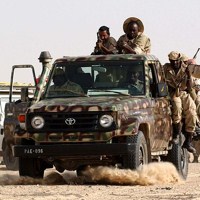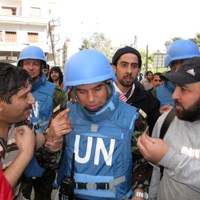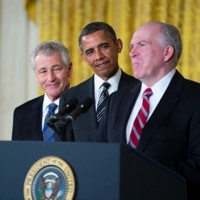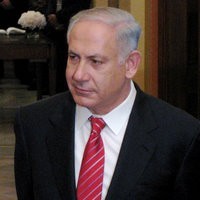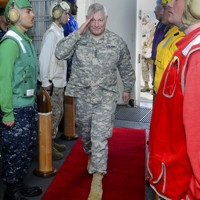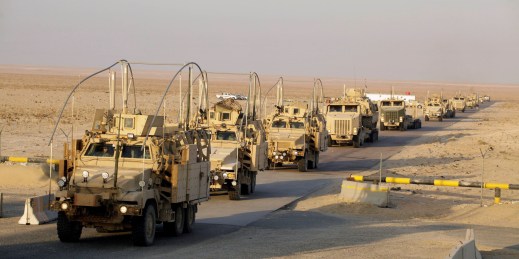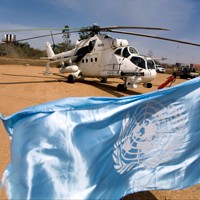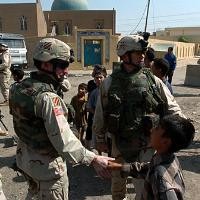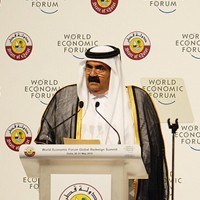
One of the most intriguing aspects of the new political dynamics of the Arab Middle East is the decision by the tiny Gulf kingdom of Qatar to throw its full support behind the controversial Muslim Brotherhood in the contest for the future of the region. The choice by a monarchy to support a populist movement always looked like a gamble. But now, two years into what some still call the Arab Spring, with Egypt’s Brotherhood-dominated government scrambling to keep the country from spinning out of its control, the bet by Qatar’s emir looks riskier than ever. Evidence of Qatar’s backing […]

